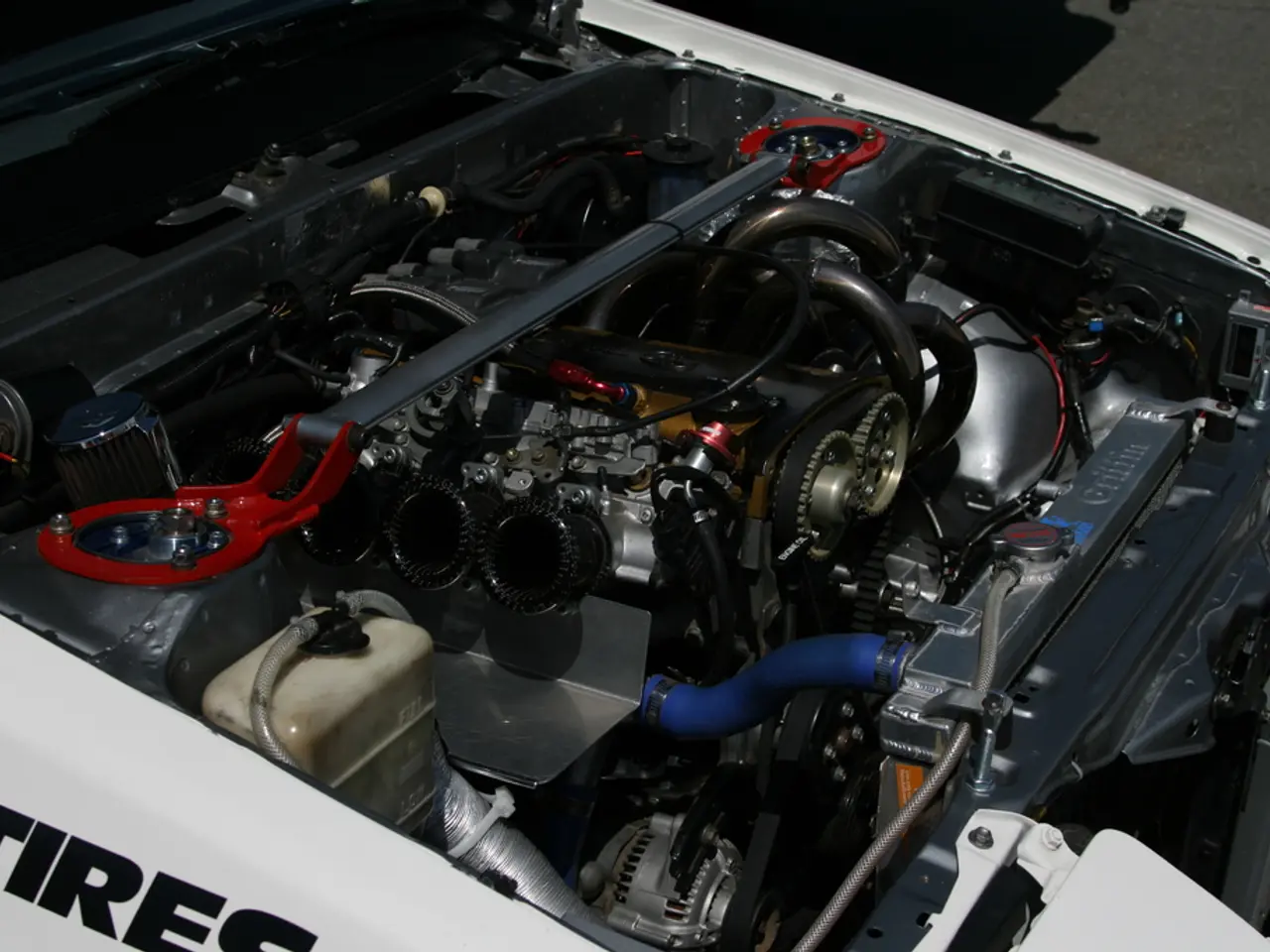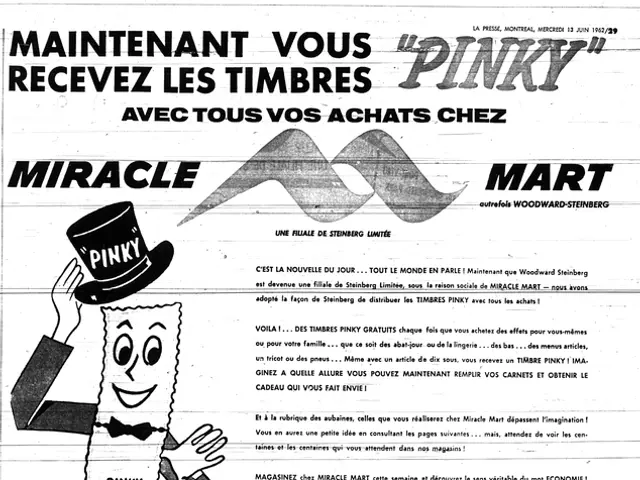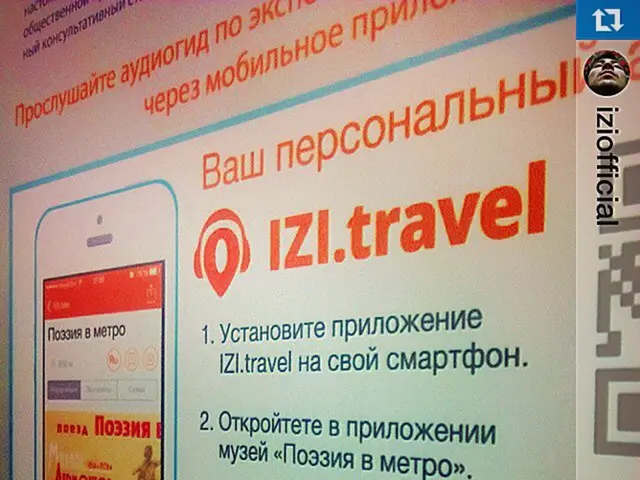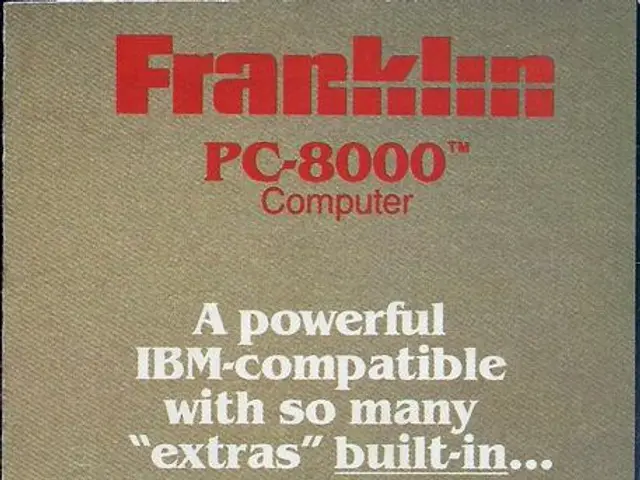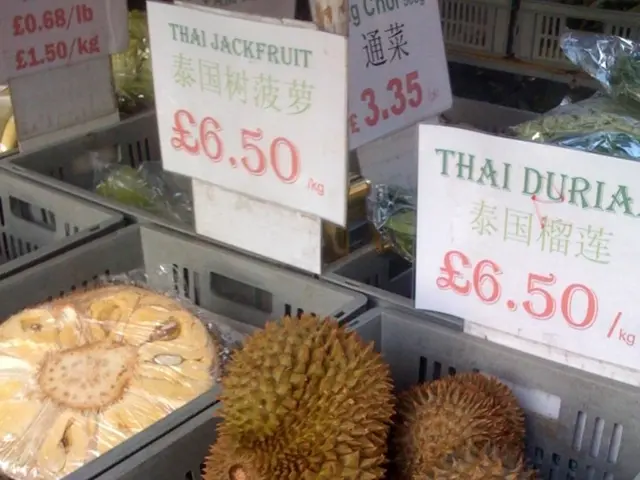Chevrolet Bolt EV to receive batteries from CATL, according to report
In a move to power its most budget-conscious electric vehicle (EV) models, General Motors (GM) has turned to China's CATL, the world's largest power battery manufacturer, for a temporary supply of lithium iron phosphate (LFP) batteries. This arrangement comes with steep tariffs of approximately 80% due to trade-related reasons, as noted by Nunzio De Filippis, co-chief executive of CargoTrans, in a report by the Wall Street Journal [1].
The partnership between GM and CATL is a temporary measure, aimed at ensuring competitiveness and affordability while GM ramps up domestic capacity for LFP battery production. The new Bolt EV model, powered by CATL’s LFP batteries, will be produced at GM’s Fairfax Assembly Plant in Kansas, with deliveries starting in 2026 at an estimated price around $30,000 [3].
GM acknowledges that while LFP chemistry was initially developed in the U.S., China has now largely commercialized and perfected it. This is due in part to the immaturity of the U.S. battery supply chain [3]. To address this, GM, through its joint venture Ultium Cells LLC with LG Energy Solution, is upgrading its Spring Hill, Tennessee plant to manufacture low-cost LFP battery cells domestically. Production from this facility is expected to commence commercially by late 2027, replacing the need for CATL’s imports [5].
It's important to note that GM currently sells 12 EV models, all equipped with batteries made in the U.S. However, the new Bolt will be the exception, as it will be powered by imported batteries. If the current tax credit policy continues, the Bolt model may not be eligible for the credit due to its use of Chinese batteries [4].
In a positive development, CATL and GM have plans to build a plant with tech licensing in North America [2]. This move signifies GM's commitment to developing its own low-cost batteries using LFP chemistry, a strategy that aligns with its goal of producing more affordable EVs for the mass market.
In conclusion, GM’s partnership with CATL is currently focused on importing LFP batteries for near-term supply needs, while aggressively planning to develop and produce its own low-cost LFP batteries in the U.S. by 2027 through collaboration with LG Energy Solution [1][3][5]. This temporary measure allows GM to maintain its competitive edge in the EV market while it works towards self-sufficiency in battery production.
[1] Wall Street Journal, "GM to Import Lithium Iron Phosphate Batteries from CATL for Second-Generation Chevrolet Bolt EV," link
[2] Reuters, "CATL Plans to Build a Plant with GM in North America," link
[3] Automotive News, "GM to Source Batteries for Affordable EV Model from CATL," link
[4] Electrek, "GM's Bolt EV May Lose Federal Tax Credit Due to Use of Chinese Batteries," link
[5] GM Authority, "GM's Spring Hill Plant to Manufacture Low-Cost LFP Battery Cells," link
- General Motors (GM) has partnered temporarily with CATL, the world's largest power battery manufacturer in China, to source lithium iron phosphate (LFP) batteries for its most budget-conscious electric vehicle (EV) models.
- In the near term, GM will produce the new Bolt EV model at its Fairfax Assembly Plant in Kansas, using LFP batteries provided by CATL, with deliveries slated to begin in 2026 and an estimated price around $30,000.
- CATL and GM aim to build a plant with tech licensing in North America, signifying GM's commitment to developing its own low-cost batteries using LFP chemistry.
- Although GM currently sells all of its 12 EV models with batteries made in the U.S., the new Bolt EV will be the exception, as it will be powered by imported batteries due to trade-related reasons.
- To address the immaturity of the U.S. battery supply chain, GM, through its joint venture Ultium Cells LLC with LG Energy Solution, plans to upgrade its Spring Hill, Tennessee plant to manufacture low-cost LFP battery cells domestically, with production expected to commence by late 2027.
- If the current tax credit policy continues, the Bolt model may not be eligible for the credit due to its use of Chinese batteries, potentially impacting its market competitiveness.
- By partnering with CATL for temporary battery supply and collaborating with LG Energy Solution to locally manufacture LFP batteries, GM is taking steps to maintain its competitive edge in the EV market while working towards self-sufficiency in battery production.
